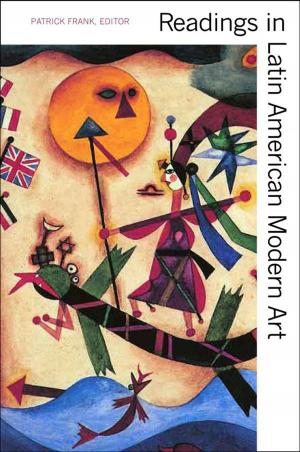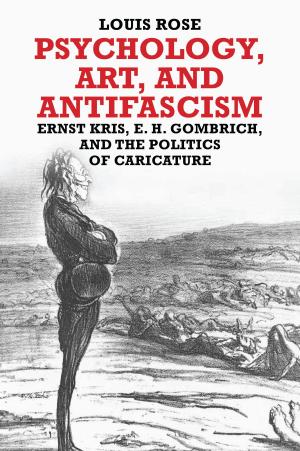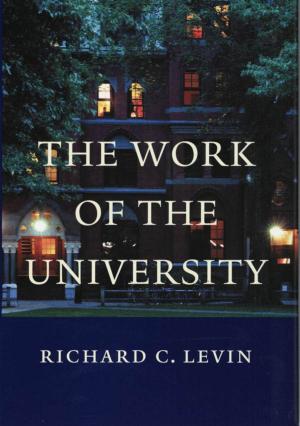Rosenfeld's Lives: Fame, Oblivion, and the Furies of Writing
Fiction & Literature, Literary Theory & Criticism, Jewish, Biography & Memoir, Literary, Nonfiction, Social & Cultural Studies, Social Science| Author: | Steven J. Zipperstein | ISBN: | 9780300156287 |
| Publisher: | Yale University Press | Publication: | April 21, 2009 |
| Imprint: | Yale University Press | Language: | English |
| Author: | Steven J. Zipperstein |
| ISBN: | 9780300156287 |
| Publisher: | Yale University Press |
| Publication: | April 21, 2009 |
| Imprint: | Yale University Press |
| Language: | English |
Born in Chicago in 1918, the prodigiously gifted and erudite Isaac Rosenfeld was anointed a “genius” upon the publication of his “luminescent” novel, Passage from Home and was expected to surpass even his closest friend and rival, Saul Bellow. Yet when felled by a heart attack at the age of thirty-eight, Rosenfeld had published relatively little, his life reduced to a metaphor for literary failure.
In this deeply contemplative book, Steven J. Zipperstein seeks to reclaim Rosenfeld's legacy by “opening up” his work. Zipperstein examines for the first time the “small mountain” of unfinished manuscripts the writer left behind, as well as his fiercely candid journals and letters. In the process, Zipperstein unearths a turbulent life that was obsessively grounded in a profound commitment to the ideals of the writing life.
Rosenfeld’s Lives is a fascinating exploration of literary genius and aspiration and the paradoxical power of literature to elevate and to enslave. It illuminates the cultural and political tensions of post-war America, Jewish intellectual life of the era, and—most poignantly—the struggle at the heart of any writer’s life.
Born in Chicago in 1918, the prodigiously gifted and erudite Isaac Rosenfeld was anointed a “genius” upon the publication of his “luminescent” novel, Passage from Home and was expected to surpass even his closest friend and rival, Saul Bellow. Yet when felled by a heart attack at the age of thirty-eight, Rosenfeld had published relatively little, his life reduced to a metaphor for literary failure.
In this deeply contemplative book, Steven J. Zipperstein seeks to reclaim Rosenfeld's legacy by “opening up” his work. Zipperstein examines for the first time the “small mountain” of unfinished manuscripts the writer left behind, as well as his fiercely candid journals and letters. In the process, Zipperstein unearths a turbulent life that was obsessively grounded in a profound commitment to the ideals of the writing life.
Rosenfeld’s Lives is a fascinating exploration of literary genius and aspiration and the paradoxical power of literature to elevate and to enslave. It illuminates the cultural and political tensions of post-war America, Jewish intellectual life of the era, and—most poignantly—the struggle at the heart of any writer’s life.















